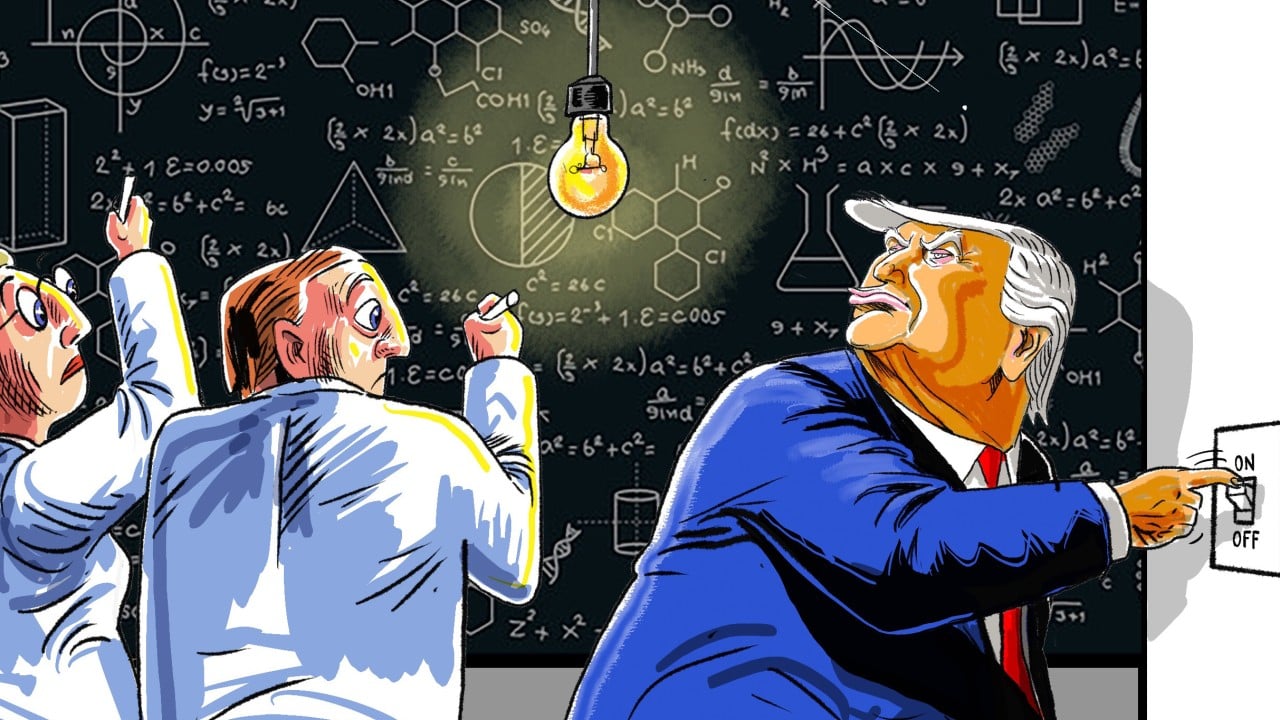American dominance in science and innovation was not inevitable. It was a deliberate, strategic achievement born of open borders, inclusive institutions and forward-looking investment in education and research. That edge, forged over a century, is eroding – quietly but rapidly threatening the foundations of US leadership worldwide.
Advertisement
In today’s polarised national discourse, headlines focus on tariffs, immigration and the culture wars. But behind the noise lies a far more consequential trend: the systematic dismantling of America’s scientific and research enterprise. Unlike a stock market crash or a military misstep, this decline is less visible, but the long-term costs could be far greater.
For much of modern history, the United States was a scientific follower, not a leader. In the early 20th century, Germany reigned supreme in chemistry, physics and engineering. British universities set the global research agenda. Between 1901 and 1930, Germany received about one-third of all Nobel Prizes in science; the US garnered just 6 per cent.
Three critical developments changed that. First, the exodus of talent from Europe in the 1930s and 1940s brought brilliance to America’s shores. Fleeing fascism and antisemitism, Jewish and other persecuted scientists – including luminaries like Albert Einstein and Leo Szilard – reinvigorated US academia and spearheaded advances from quantum physics to nuclear energy.
Though Jews comprised less than 1 per cent of Germany’s population at the time, they earned over 25 per cent of its scientific Nobels – a staggering figure that illustrates the calibre of minds who fled.
Advertisement
Second, the devastation of World War II levelled Europe’s research infrastructure. The Soviet Union lost more than 24 million people; Britain, France and Germany lay in ruins. The US, by contrast, emerged with its economy, institutions and innovation hubs intact and ascendant.

